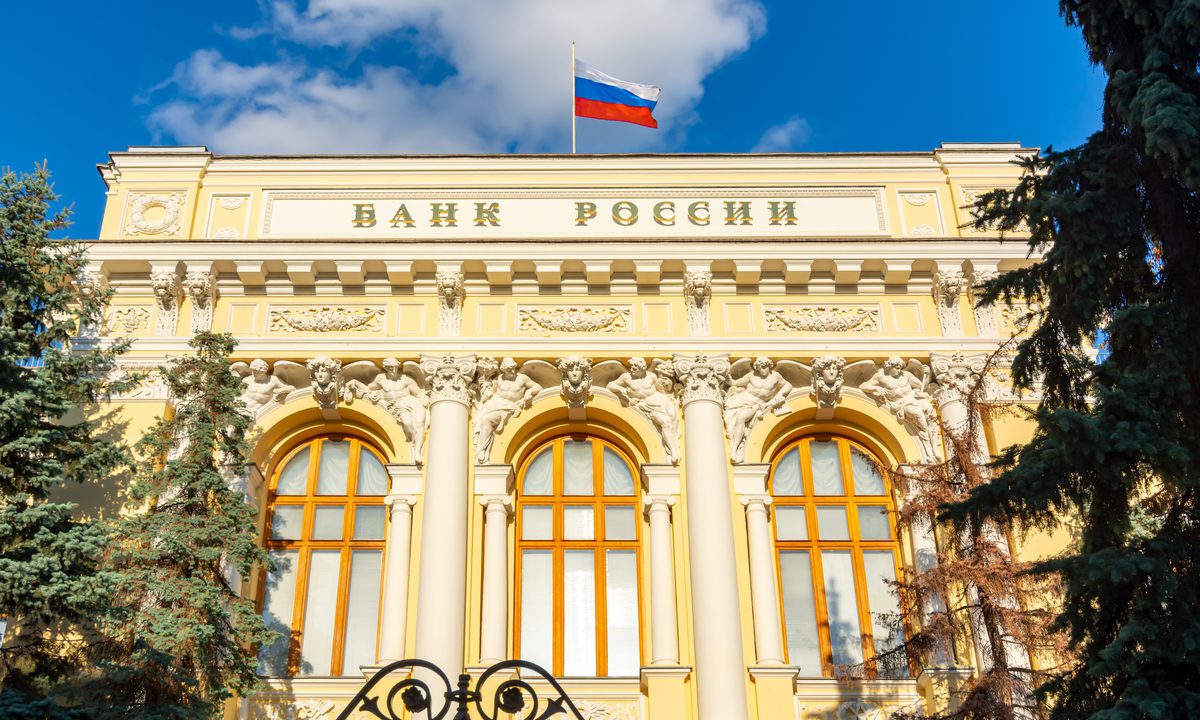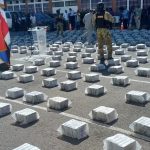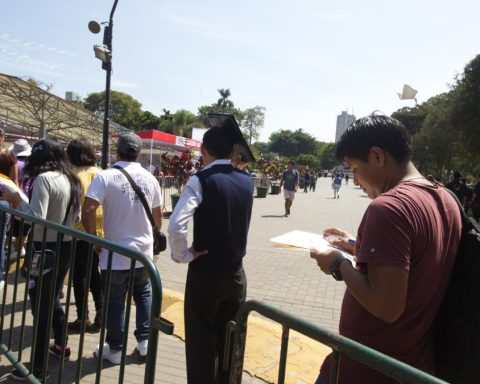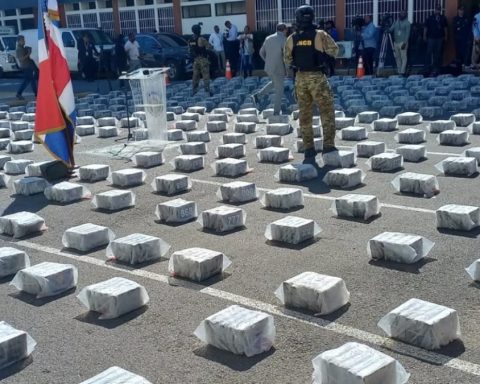Crude oil prices closed at the highest since 2014 for Brent and since 2011 for WTI.
A barrel of North Sea Brent for May delivery jumped 7.58% to $112.93 to hit a 2014 high in London.
Meanwhile, in New York, the barrel of West Texas Intermediate (WTI) for delivery in April rose 6.95% to 110.60 dollars, a peak since 2011.
Black gold soared again after the decision of the exporting countries of Opec + (OPEC and allies), led by Saudi Arabia and Russia, not to increase their production more than expected, despite the rise in prices, which is fueling rampant inflation in many countries.
For its part, the European reference price for natural gas, the Dutch TTF, reached a historical record of 194.715 euros per megawatt hour equivalent (MWh), and the price of British gas was trading very close to its historical maximum of the past December.
Opec+’s decision “will not help allay fears about the supply shock caused by sanctions on Russia, because oil demand is growing rapidly and OPEC is already unable to meet its own production quotas in several countries,” said Tamas Varga, an analyst at PVM.
The invasion of Ukraine prompted the European Union and the United States to impose tough sanctions on Moscow, fueling concerns that Russian energy exports will be disrupted.
Russia is the world’s second largest exporter of crude oil and supplies more than 40% of the European Union’s annual natural gas imports.
An unexpected drop in commercial crude oil reserves in the United States, when the market expected a rise, did not help to stop the rise in prices either.
In the week ended February 25, US commercial crude oil reserves fell 2.6 million barrels (mb), to 413.4 million – when analysts expected a rise of a similar magnitude -, according to figures published on Wednesday by the Agency American Energy Information Agency (EIA).
ENERGY SHORTAGE
“The war in Ukraine is causing a sharp reduction in Russia’s energy exports, even though they are exempt from sanctions” for the time being, says Bjarne Schieldrop, an analyst at Seb.
“Carriers are refraining from carrying Russian (energy) cargoes for fear of possible sanctions and the reputational risks they face,” it adds.
“The risk now is that the West will come under increasing pressure to sanction Russian oil and gas exports,” said Neil Wilson, an analyst at Markets.com, which would send energy prices even higher.
The European Union has excluded seven Russian banks from the Swift international financial system, but has so far been careful to preserve two large financial institutions with strong links to the oil and gas sector.
The Russian-Ukrainian conflict takes place at a time when oil prices were already rising sharply due to the lack of supply and the strong recovery in world demand caused by the lifting in many countries of the sanitary restrictions imposed to combat the coronavirus pandemic.
Now, “unless geopolitics calms down (…) we could see a continuation of this trend” with “domino effects on most asset classes and consumer prices,” warns XTB’s Walid Koudmani.
INDUSTRIAL METALS BOOST
Industrial metal prices were already dragged down on Wednesday, as “supply disruptions from Russia are increasingly likely,” says Daniel Briesemann of Commerzbank.
Danish shipping giant Maersk announced on Tuesday that it was suspending new orders to and from Russian ports, excluding food, medical and humanitarian products, due to international sanctions.
“If other shipping companies follow this example, it will probably be more and more difficult to export materials from Russia”, underlines this analyst.
The increase was especially marked in the case of aluminum and nickel, metals that depend heavily on Russian exports.
A tonne of aluminum hit $3,597 on the London Metals Market (LME) on Wednesday, an all-time high, while nickel neared its highest in 11 years, trading at $26,505 a tonne.
In 2021, Russia was the world’s third largest producer of aluminium, behind China and India, according to data from the World Bureau of Metal Statistics, and exports much of its production to Turkey, Japan, China, the United States and the EU.

















